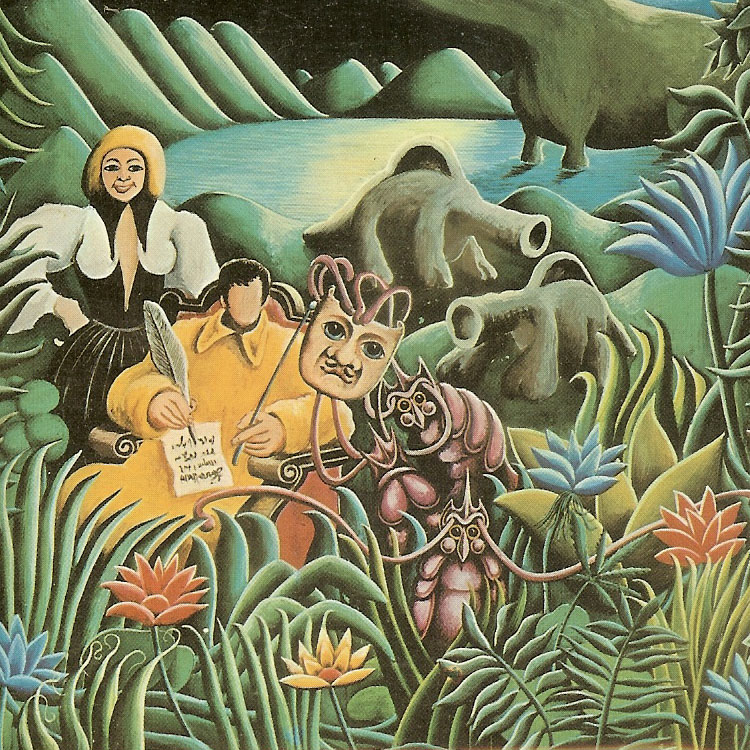Companion Species and Model Systems
Researcher and Animal Relationships in the Work of Alice Sheldon/James Tiptree, Jr.
DOI:
https://doi.org/10.52537/humanimalia.9615Abstract
Alice Sheldon provided perhaps the earliest call for a feminist approach to research using model organisms. Her work was grounded in ongoing debates about theoretical models and methodological issues, specifically the choice of model organisms and the interpretations of data the models produced. When she became convinced that the laboratory conditions of her day did not permit her to practice feminist science, she turned to feminist science fiction to reimagine them. This piece shows how Sheldon’s experiences as a research scientist in experimental psychology influenced her science fiction writing and how she used that writing as a platform within which to think through the key scientific concerns in her specialty, as well as their connection to the feminist and environmental movements of her day. I examine Sheldon’s resistance to the dominance of reductionism and her desire to develop non-reductionist methods of research on human and non-human animals. She rejected the dominant paradigms of her contemporary research field, but believed in the possibility of science to address oppression and promote feminism, which many of her contemporaries and some recent critics see as incompatible. I argue that she believed that a different kind of science — a contextualized, non-reductionist biology — could solve gender oppression and environmental degradation, harms she saw as linked.
Downloads

Published
Issue
Section
License

This work is licensed under a Creative Commons Attribution-NonCommercial 4.0 International License.









